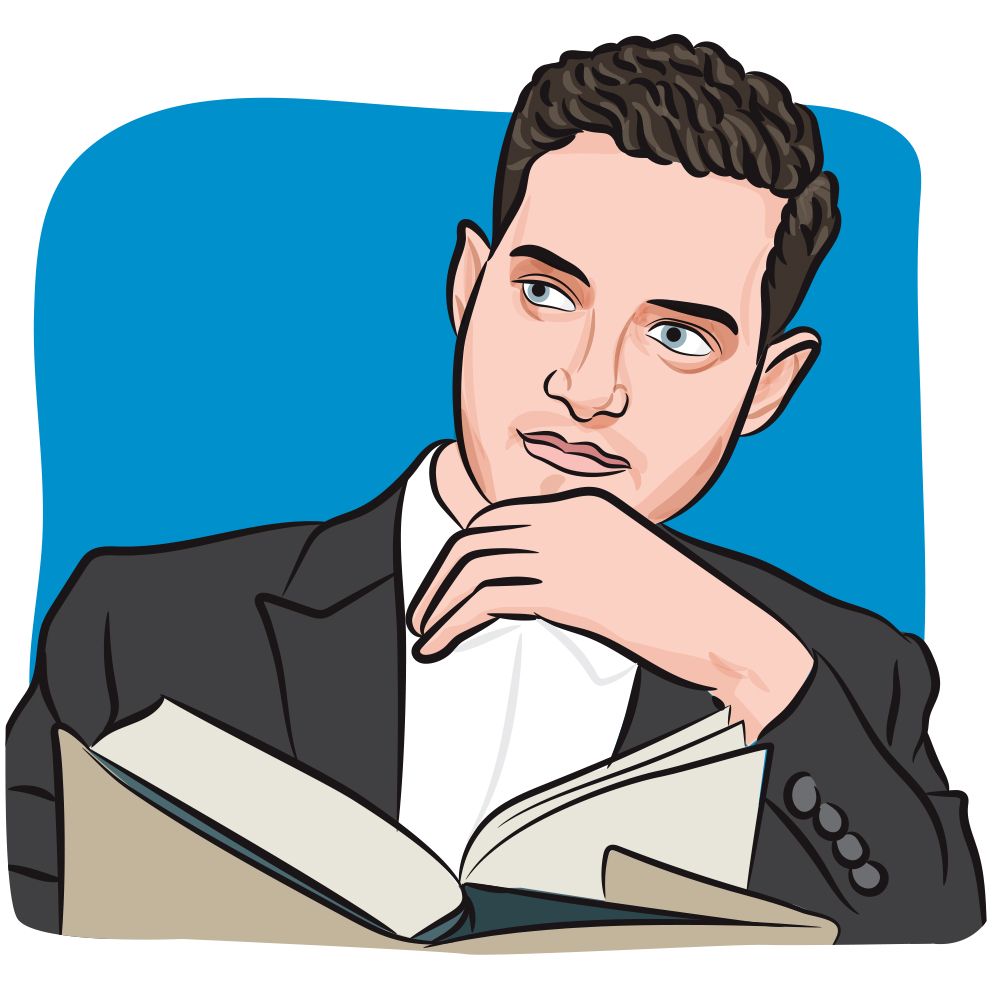How to Manage Other People's Anxiety Around Your Cancer Diagnosis
It’s not just toughing out the side effects from cancer treatment.

The job description of a cancer thriver also requires managing difficult emotions — both our own, and of the people around us.
The sooner I grasped that concept, the less power other’s angst and anxiety had over me. And that’s important because the energy of our environment can be highly influential. Whether it’s friends, family, coworkers or even doctors that we trust with our lives; people we let our guard down around can unintentionally hijack our spirit by implanting their worrisome scenarios or horror stories.
Many of these people are a fixture in our day-to-day world. They’re in our ecosphere and as humans, we’re social creatures. Cancer being such a huge part of our lives dominates our focus, our time and our attention.It can almost feel rude to withhold what we’re going through from people we’re closer to. There are also times when you want to lean on others for support, which can be extremely cathartic and nurturing, and we’d like to feel safe going there.
In my own experience, I had an amazing support team (I wouldn’t be alive without them), and yet I also learned that smart, otherwise emotionally intelligent people could struggle with this new reality: that someone important to them was in jeopardy, and their own world had been impacted. Maybe it brought up old painful memories or stirred up their own fears and insecurities which were projected my way. I don’t blame them for it, but I learned it was an aspect I had to anticipate.
I learned that it wasn’t reasonable to hold everyone else accountable to the epitome of poise and composure. It wasn’t reasonable for me to expect that they could read my mind and know the perfect thing to say or do in each moment; that they could detect the nuances of each situation — when I wanted to vent and just to be listened to, versus when I needed support with a serious brainstorm/problem-solving session.
It’s a challenging road to navigate. There were times I was totally fine bringing up the C word —I could handle it… right until a few moments later, for no clear reason, I reached my limit and abruptly shut down any such talk. There’s no guidebook here. It’s emotional. It’s sensitive. And as hard as I was pushing myself— as tough as I looked, powering through treatment each day — I could also feel extremely fragile at the flip of a switch.
I also learned to let go of the need for reassurance by my doctors. These medical experts whom I worked with every day, we spent a ton of time together; they were guiding my treatment plan… surely, they understood the power of optimism and staying hopeful, I had assumed. Except that wasn’t always the case. Especially, as my condition worsened. After being given a less than 10% survival rate with stage 4 bone cancer, not one doctor I asked had seen anyone in my situation turn their health around. They didn’t even pretend.
That was a scary outlook to digest as a patient. It really affected me. But fortunately, a voice within spoke louder. A belief in figuring things out that I protected against all the other stories, all the worries, statistics and all the angst from others around me.
I turned down the volume. I went inward. I focused on my daily healing regimens, doing everything I could to boost the odds of recovery. If you'd like to learn more about my story, just shoot me a note at steve@othercword.com and I do my best to support the community as other thrivers did for me.
My experiences taught me a lot about managing uncertainty, in general. Now as I navigate the next chapter, rebuilding my life and planning for the future, there are new challenges (while I continue to prioritize my wellness).
At times, the road can feel harder after losing so much time and opportunity while fighting for my life. Especially when comparing myself to others. But again, that just ties back to managing emotions.
It’s the same formula: lower the noise, go inward. Focus on my destination, and put in the work, trusting the path will unfold as intuition guides me… one good decision at a time, one day at a time.
For more news on cancer updates, research and education, don’t forget to subscribe to CURE®’s newsletters here.